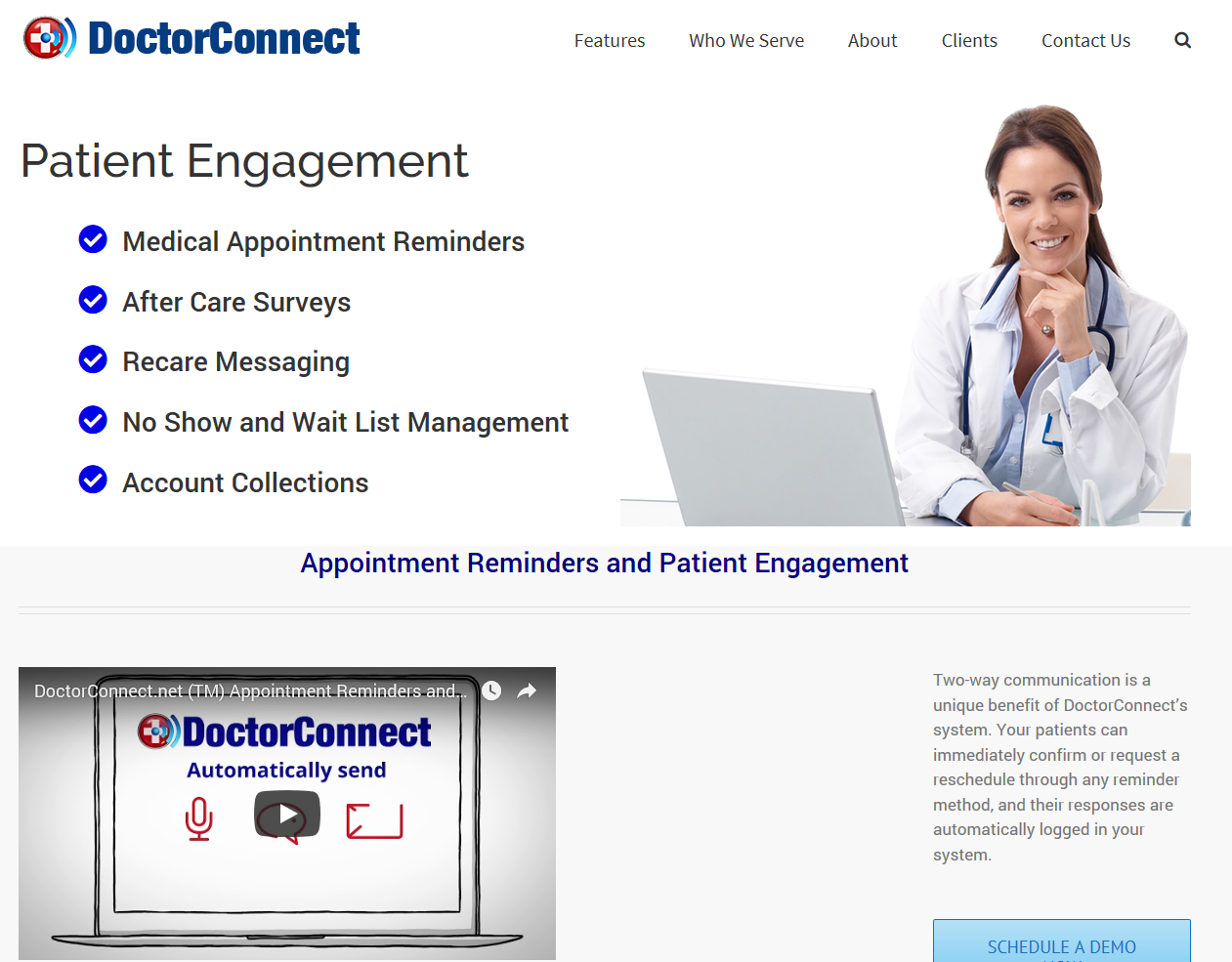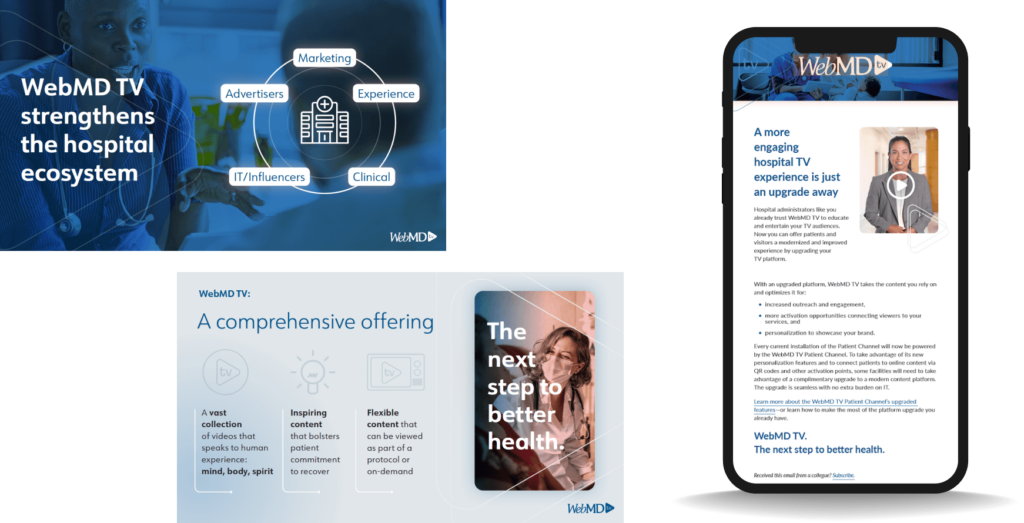
webmd.com search
The Day I Googled a Headache and Ended Up Planning My Funeral
You ever have one of those moments where a tiny symptom sends you spiraling into the depths of medical information? Yeah, me too. It started with a headache. Just a regular Tuesday headache. I opened my laptop, typed in “persistent headache” and guess who greeted me like an overly dramatic friend? WebMD.com.
Big mistake? Maybe. Entertaining? Absolutely.
Within three clicks, I was convinced I had a brain tumor, meningitis, and possibly something no one’s discovered yet. (Pretty sure I was writing my will at one point.) But hey, if you’ve ever used WebMD search, you know exactly what I’m talking about.
So let’s talk about this fascinating little corner of the internet that has all of us diagnosing ourselves like we went to med school on Netflix.
Why We All End Up on WebMD.com t 2 AM

There’s something oddly comforting about searching your symptoms online. It’s like the digital version of calling your mom for advice—except WebMD doesn’t say, “Drink water and sleep, honey.” It says: “Congratulations, you might have a rare tropical disease.”
And yet… we keep going back. Why?
Because knowledge feels like control, especially when your body feels like it’s plotting against you. WebMD is like that friend who knows everything about health—but also makes you slightly paranoid.
Here’s the kicker: over 70% of adults admit to searching health info online before seeing a doctor. And WebMD? It’s one of the top players in that game. Millions of people type their worries into that little search box every day, hoping for answers… or at least reassurance.
My First Deep Dive into WebMD Search (and the Chaos That Followed)
Confession time: I wasn’t new to WebMD. But this time, I decided to really pay attention to what happens when you go all in. webmd.com search
Here’s how it went:
- Typed “stomach pain after coffee.”
- Got 27 possible causes.
- Ended up reading about something called gastritis, which sounded scary but manageable. webmd.com search
- Somehow ended up on “rare conditions that cause abdominal pain.”
- Convinced myself I had a parasite named after a Greek god.
Honestly, WebMD search is like Wikipedia on steroids. One click leads to another, and suddenly you’re an honorary doctor with a degree in “Oh no, I’m dying.”
How Does WebMD.com Search Actually Work?
Here’s the cool part: WebMD’s search isn’t random. It’s based on something called a symptom checker. You type what’s wrong—like “chest tightness”—and it gives you possible conditions, advice, and sometimes even when to see a doctor.
But here’s the secret sauce: it doesn’t diagnose you. (Thank goodness.) It gives possible matches, which is code for: “Could be nothing, could be everything.” webmd.com search
It uses:
- Symptom descriptions
- Your age and gender (if you provide them)
- Common conditions associated with your query
Sounds helpful, right? And it is… if you don’t spiral. Which brings me to:
Common Mistakes People Make When Using WebMD Search

1. Assuming the Worst-Case Scenario Is the Right One
WebMD loves giving you the full spectrum—from common cold to rare space virus. And what do we do? Jump straight to the rare space virus. webmd.com search
2. Searching in the Middle of the Night
Everything feels scarier at 2 AM. That random chest twinge? At night, it’s obviously a heart attack. webmd.com search
3. Ignoring Context
You’ve had three coffees, skipped lunch, and now have heart palpitations. WebMD says: “Could be a thyroid issue.” Reality says: “Maybe don’t live on caffeine and vibes.”
Pros and Cons of WebMD Search (The Honest Truth)
Pros
- Fast answers when you’re panicking.
- Reliable compared to sketchy forums.
- Tons of extra info like treatments, lifestyle tips, and related conditions.
Cons
- Can turn mild anxiety into a full-blown medical drama.
- Information overload—you’ll leave knowing 17 new diseases you didn’t need to know. webmd.com search
- Doesn’t replace an actual doctor (but you already knew that, right?).
Here’s What Nobody Tells You About WebMD Search
The real problem isn’t the info. It’s how we interpret it. When you’re already anxious, every symptom feels like a red flag. And WebMD? It’s like pouring gasoline on that little spark of worry.
My unpopular opinion? WebMD is not the villain. It’s a tool. The problem is how we use it.
How to Use WebMD Without Losing Your Mind
Let me save you some stress. If you must go down the WebMD rabbit hole (and let’s be real, you will), here’s the game plan: webmd.com search
1. Start Broad, Not Extreme
Type your symptom simply—like “headache”—not “headache brain tumor.” (Yes, people actually do that.) webmd.com search
2. Read the Common Causes First
Skip the exotic stuff unless you’ve got other major symptoms. Your headache is probably stress, not a deadly rare condition from the Amazon rainforest.
3. Use the Filters
WebMD lets you refine by age, gender, and severity. Use that! It makes results more accurate.
4. Don’t Skip the “See a Doctor” Advice
If WebMD says, “Call a doctor immediately,” please don’t ignore it because TikTok said ginger tea cures webmd.com searcheverything.
Fun Facts About WebMD You Probably Didn’t Know
- It started way back in 1998—aka the same era as dial-up internet.
- It gets over 100 million visitors a month. Yep, you’re not alone in your 2 AM panic.
- The symptom checker is one of its most-used features, even though doctors everywhere scream into the void about it. webmd.com search
My Hot Take: Is WebMD.com Search Good or Bad?
Honestly? It’s both. It’s like Google Maps—it’ll show you the route, but it can’t drive the car for you. WebMD is fantastic for education, awareness, and even calming you down when you understand context.
But if you’re using it to play “Guess My Diagnosis” and avoid the doctor? Bad idea, friend.
What I Do Now (and You Should Too)
I’ve made peace with WebMD by setting a rule: two searches max per symptom. If I don’t find clarity, I call my doctor or—brace yourself—actually rest and drink water. webmd.com search
Oh, and I never, ever WebMD after midnight. That’s the golden rule
Final Thoughts: Embrace the Curiosity, But Stay Sane
Look, the internet isn’t going anywhere, and neither is WebMD. The trick is learning to use it without spiraling. Be curious, learn, and maybe laugh a little when you find out your “mystery illness” was just dehydration.
So next time you feel a weird twinge, go ahead—search it. But promise me you’ll keep it chill. And if you end up diagnosing yourself with something wild, come back and tell me—I need the laugh. webmd.com search






